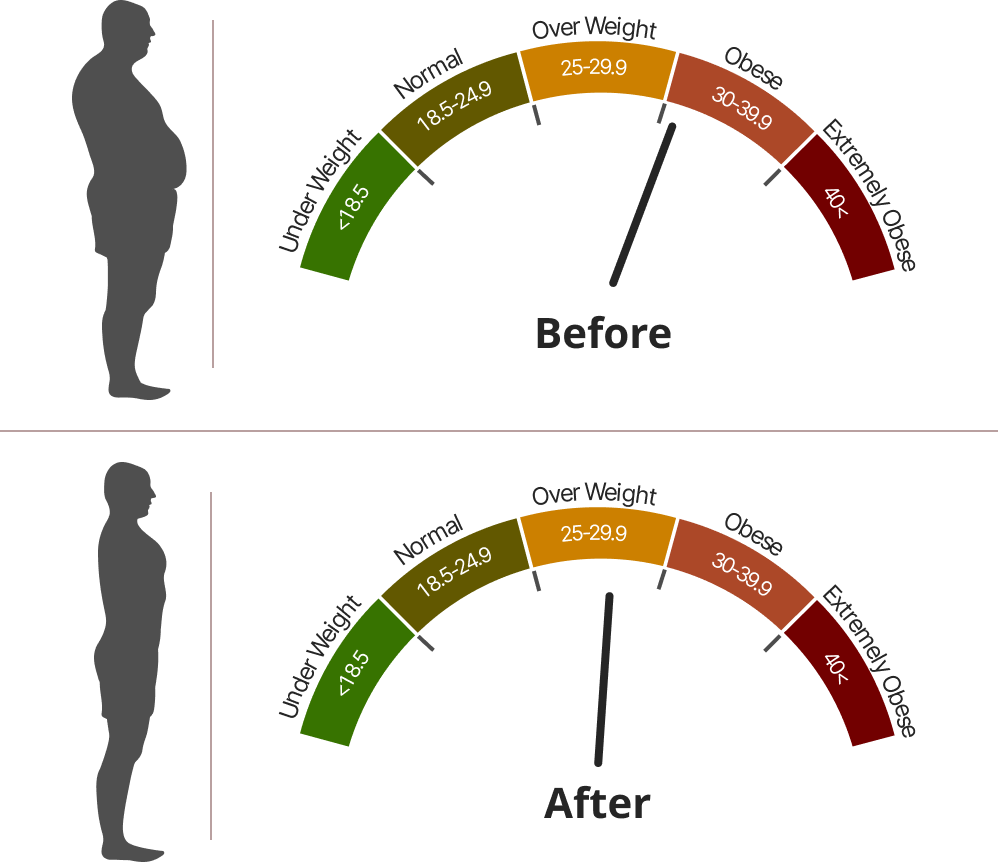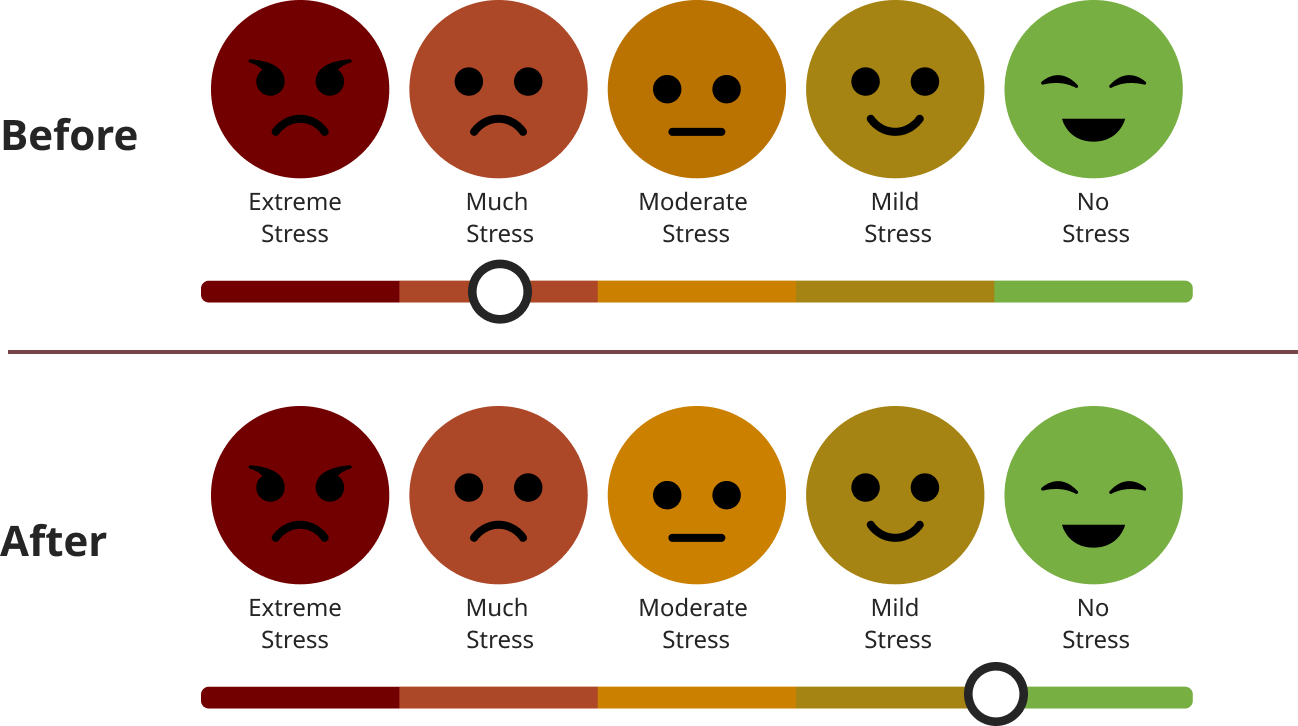Take Control of Your Health: START YOUR SELF-ASSESSMENT


I've experienced significant improvements. Not only has my erectile function improved remarkably, but I've also achieved a healthier body structure together with weight loss and better lifestyle habits. The constant support from their care team, including doctors,nutritionists, sex counselors and health coaches has truly transformed my life for the better.


Mr. N.V., a 32-year-old unmarried man, approached with worries about a low or insignificant libido, which had been impacting his self-esteem and married life for the last year. Following enrollment in the Nirvasa LL care program, self-reported sexual desire and testosterone levels improved significantly. After self-testing for testosterone, it was discovered that his levels were 270 ng/dL, which is extremely low. At the end of the therapy, his levels had significantly improved and were at 410 ng/dL. At the completion of the treatment, he had a BMI of 26 (overweight), down from 31 (borderline obesity).
His medical and allied history revealed that he was suffering from extreme work related stress, relationship problems, lack of sexual energy, loss of erectile functioning, smoking and alcohol use worsened by performance anxiety. He reported moderate physical activity.
Nirvasa's care team advised him to commence a comprehensive treatment plan aimed at addressing his ailment. The team consists of doctors, nutritionists, health coaches and sex counselors. The consulting doctor provided him Ayurvedic remedies and nutraceutical supplements. Following a health nutritionist session, he received a tailored food plan to help him control his weight, lifestyle choices, and testosterone levels. The diet plan advocated the ingestion of foods that assist enhance testosterone levels. Lifestyle changes were also advised, including a progressive reduction in alcohol consumption. He was encouraged to increase his physical activity significantly. Health coaches were also responsible for reassuring the patient to engage in daily activities through guided tutorials and live webinars. Throughout the course of this program, anytime NV encountered a challenge or was unable to adhere to the guided regimens, cognitive behavioral sessions were organized to address the patients' mental health and emotion management.
His conditions showed remarkable improvement within three months of adhering to the treatment regimen, NV demonstrated significant improvement, with his testosterone levels increasing gradually up to 410 ng/dL, indicating a reduction in low testosterone symptoms and an improvement in his self-reported sexual satisfaction and relationship quality. He reported improvement in his health parameters as well, due to a strict adherence to diet and lifestyle modifications.